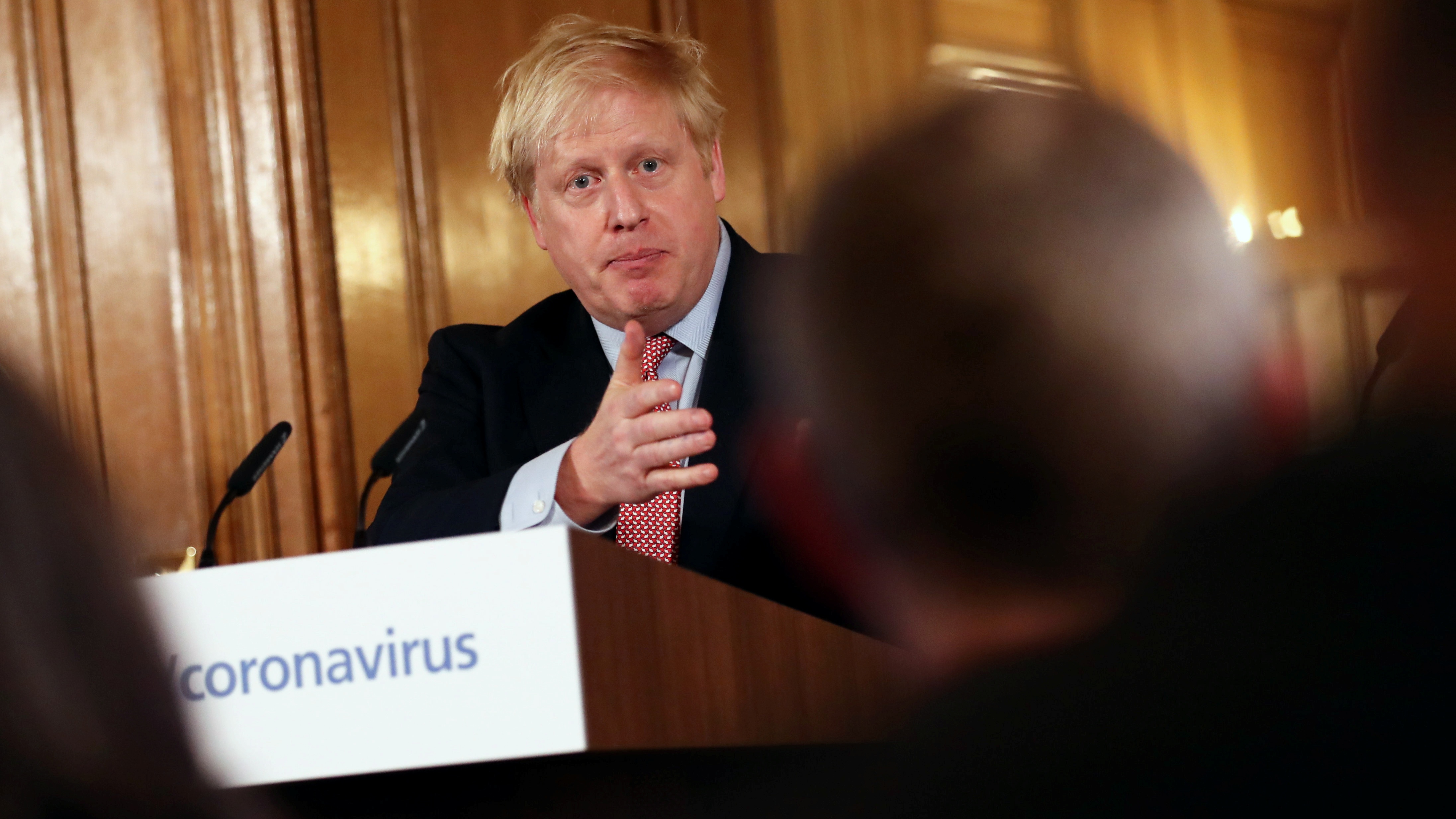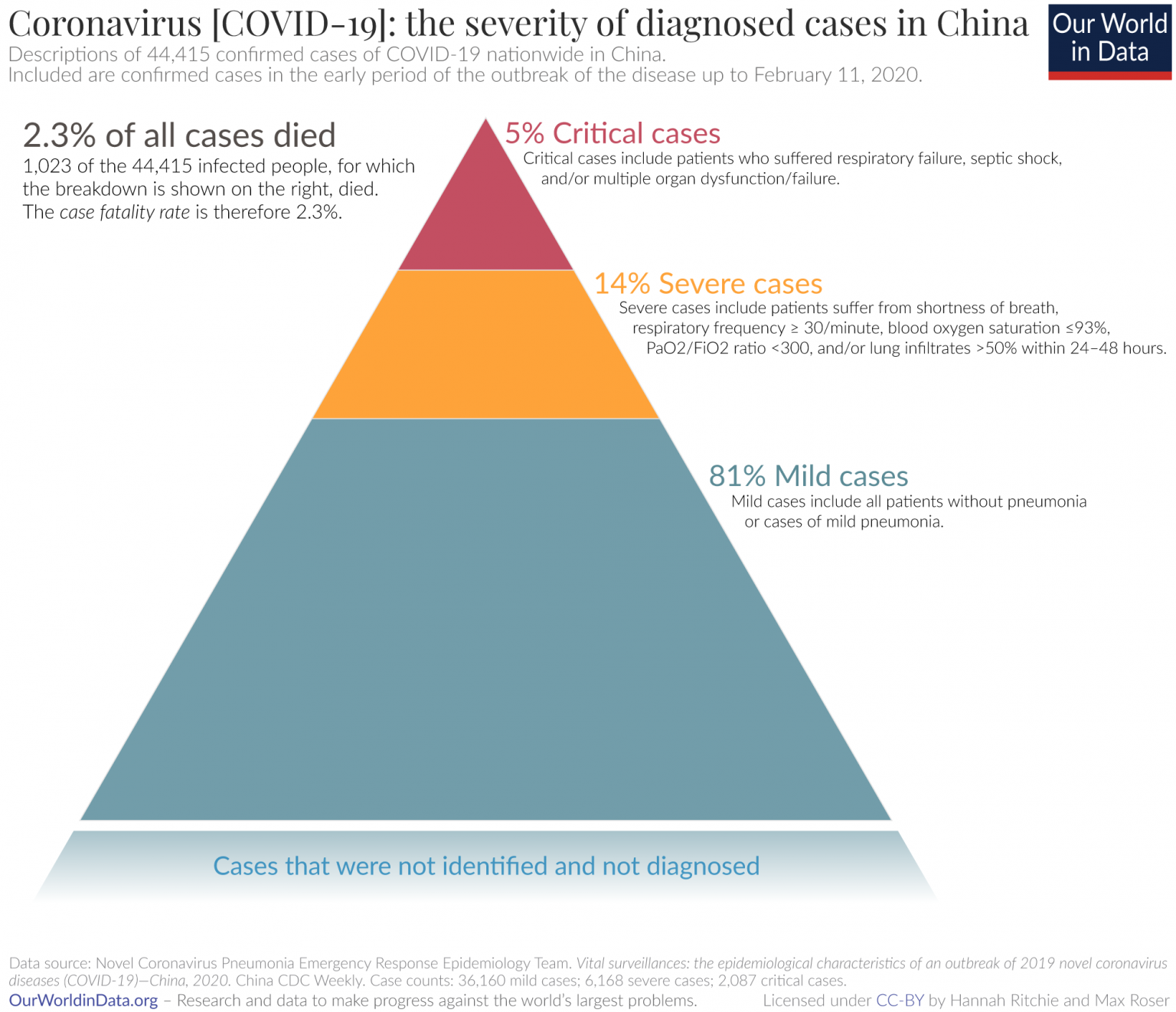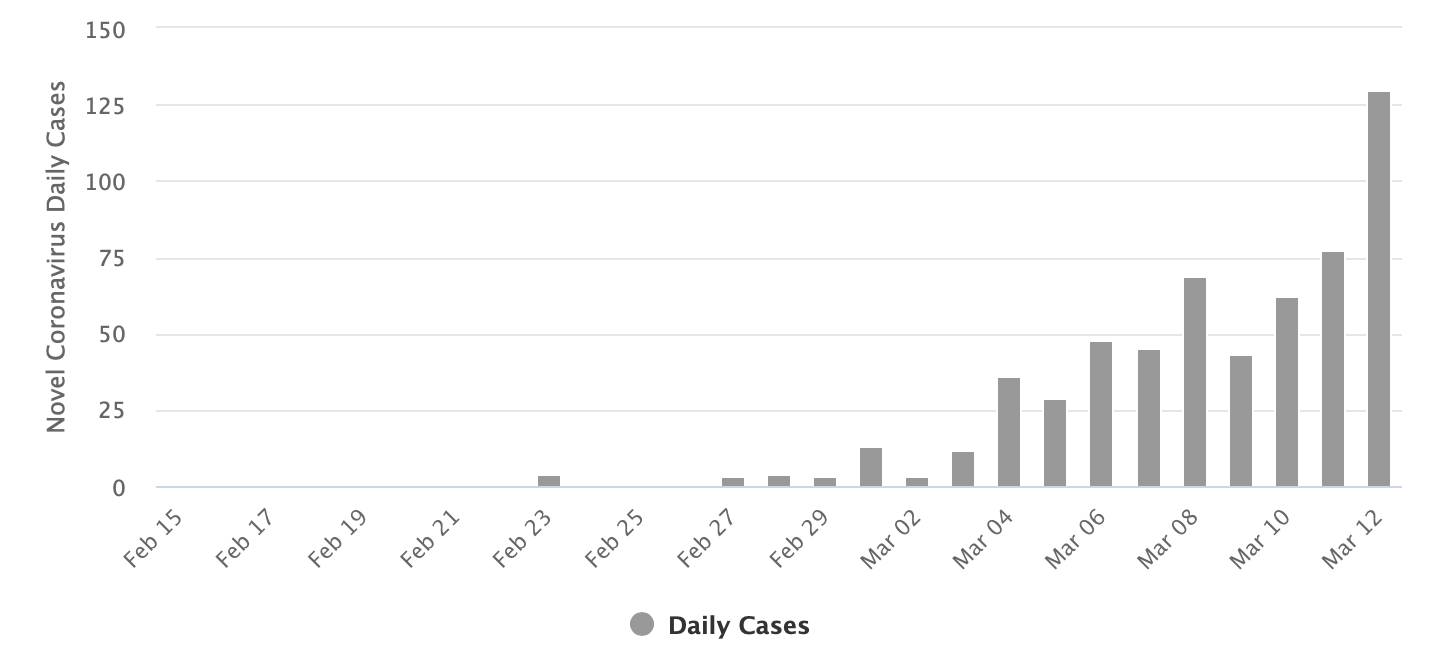What is herd immunity - and will it stop coronavirus?
British government hopes new strategy will prevent Covid-19 outbreak from becoming an annual crisis

A free daily email with the biggest news stories of the day – and the best features from TheWeek.com
You are now subscribed
Your newsletter sign-up was successful
The UK’s long-term plan to fight coronavirus is to rely on “herd immunity” to stop the spread of the disease, government scientists say.
Boris Johnson announced on Thursday that the country was being stepped up from the “contain” to the “delay” phase of the government’s four-part response to the Covid-19 outbreak. Anyone with a “new, continuous” cough or high temperature is being advised to self-isolate for seven days.
The prime minister told a press conference that the virus was “the worst public health crisis for a generation” - and warned that many families would “lose loved ones before their time”. The UK has reported 590 cases and 10 deaths so far, according to latest figures from real-time statistics site Worldometer.
The Week
Escape your echo chamber. Get the facts behind the news, plus analysis from multiple perspectives.

Sign up for The Week's Free Newsletters
From our morning news briefing to a weekly Good News Newsletter, get the best of The Week delivered directly to your inbox.
From our morning news briefing to a weekly Good News Newsletter, get the best of The Week delivered directly to your inbox.
ITV’s Robert Peston said the government’s plan is now “to allow the virus to pass through the entire population so that we acquire herd immunity”.
However, Sir Patrick Vallance, the government’s chief scientific adviser, implied a more limited spread. “Communities will become immune to it and that’s going to be an important part of controlling this longer term,” he told Sky News.
“About 60% is the sort of figure you need to get herd immunity.”
What is herd immunity?
A free daily email with the biggest news stories of the day – and the best features from TheWeek.com
People gain immunity to diseases after being exposed to them, whether through vaccination or organic transmission.
Once enough people are immune to a disease, it will stop circulating through the population.–––––––––––––––––––––––––––––––For a round-up of the most important stories from around the world - and a concise, refreshing and balanced take on the week’s news agenda - try The Week magazine. Start your trial subscription today–––––––––––––––––––––––––––––––
So what could actually happen in the UK?
The head of the government-owned Behavioural Insights Team, Dr David Halpern, has told the BBC that the plan is to “cocoon” the elderly and other at-risk groups from the spread of the virus.
The rest of the population, who are better equipped to fight the virus, would then achieve immunity before the at-risk groups were reintroduced into mainstream society.
Studies carried out on coronavirus cases so far suggest that around 80% of people with the virus develop “mild” symptoms, while 5% experience “critical” symptoms, including respiratory failure, septic shock and multiple organ failure. About 2.3% of infections lead to death.

If 60% of the UK population, which equates to almost 44 million people, were to become infected as part of the government plan, that 2.3% mortality rate would see around 910,000 deaths as the virus spreads far enough to lead to herd immunity - unless cocooning the most vulnerable people substantially reduces the death rate.
Is this approach preferable to contain and delay measures?
Other badly affected countries - notably China, South Korea and Italy - have gone down the more obvious path of trying to contain the virus by introducing “social distancing” measures, including closing public spaces and banning mass gatherings.
Jeremy Rossman, a virologist at the University of Kent, told Wired that the herd immunity strategy is risky.
“I think it’s very likely that with continued containment and delay strategies we will be able to stop the virus spread well before reaching even 50%,” he said.
“Even spread over a period of months, [widespread infection] is obviously not an acceptable plan. Nor is this a necessary or inevitable outcome, especially with good surveillance, containment, delay and social distancing measures enacted.”
The figures from China and South Korea - where the numbers of new cases are now growing more slowly than in the UK - suggest reaching organic herd immunity is not the only way to stop the virus.
In China, the number of new cases per day has reached single figures. By contrast, 130 new cases were confirmed in the UK on Thursday.
And the actual number of people infected in the UK could be between 5,000 and 10,000, chief scientific adviser Vallance has estimated.

Graph from Worldometer
On the other hand, countries now deploying draconian containment measures may see further outbreaks once quarantines are lifted and people without immunity become infected.
What is clear is that the UK strategy is unique. While Europrean nations including Denmark, Spain and the Republic of Ireland doubled down their efforts to contain the virus, British racing fans this week flocked in their thousands to the Cheltenham Festival.